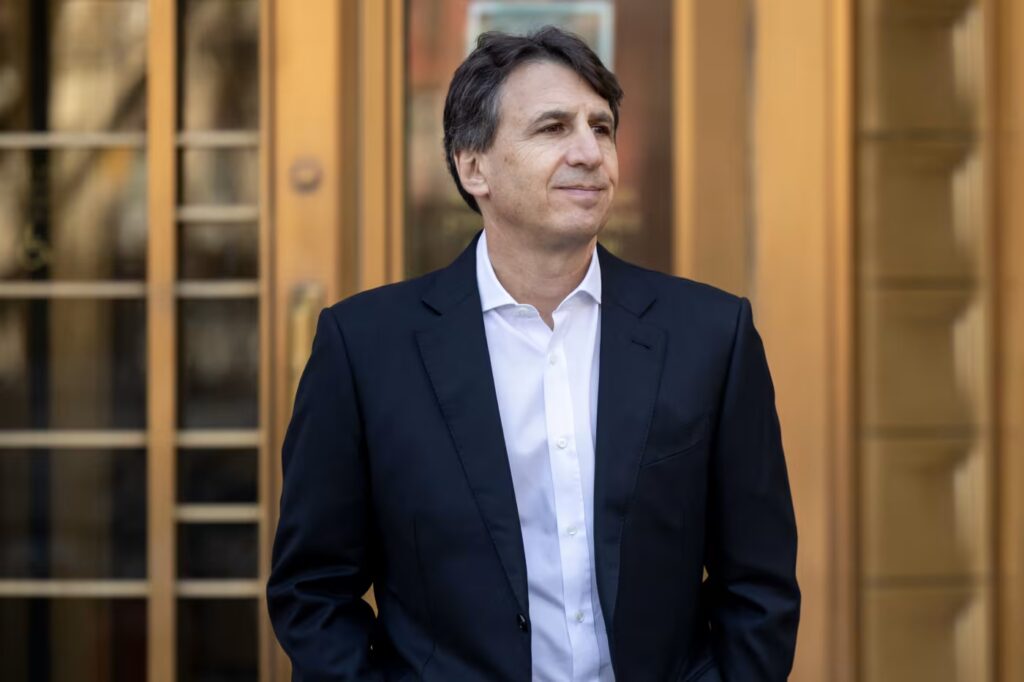Private-equity firms have had an increasingly difficult time raising money. Part of the problem is higher interest rates, which make deals that rely on leverage harder to pencil out. Existing funds have also struggled to find exits for investors—like an initial public offering or company sale—locking up cash that could otherwise be reinvested in new funds.
On a company earnings call in February, Apollo CEO Marc Rowan called 401(k)s an opportunity for growth, but lamented that his firm and others were attempting to grow into that market “with some handcuffs on.”
This month, Trump took the handcuffs off. He directed the Labor Department and the Securities and Exchange Commission to make it easier for companies to offer private assets in their plans. A key goal, the administration said, was to limit companies’ risk of losing a lawsuit for violating their duty as “fiduciaries” of the plans. The White House Council of Economic Advisers issued a report that found retirement investors “would benefit from diversification, higher risk-adjusted returns, and higher retirement income.”
Latest
-
Wegman uses biometric surveillance on shoppers, raising privacy concerns
-
UK ordered agents to find UFO tech in bombshell 1990s secret files shocker | New York Post
-
Private equity barons target savers in hunt for ‘the perfect bailout’
-
Giant structure discovered deep beneath Bermuda is unlike anything else on Earth | Live Science

